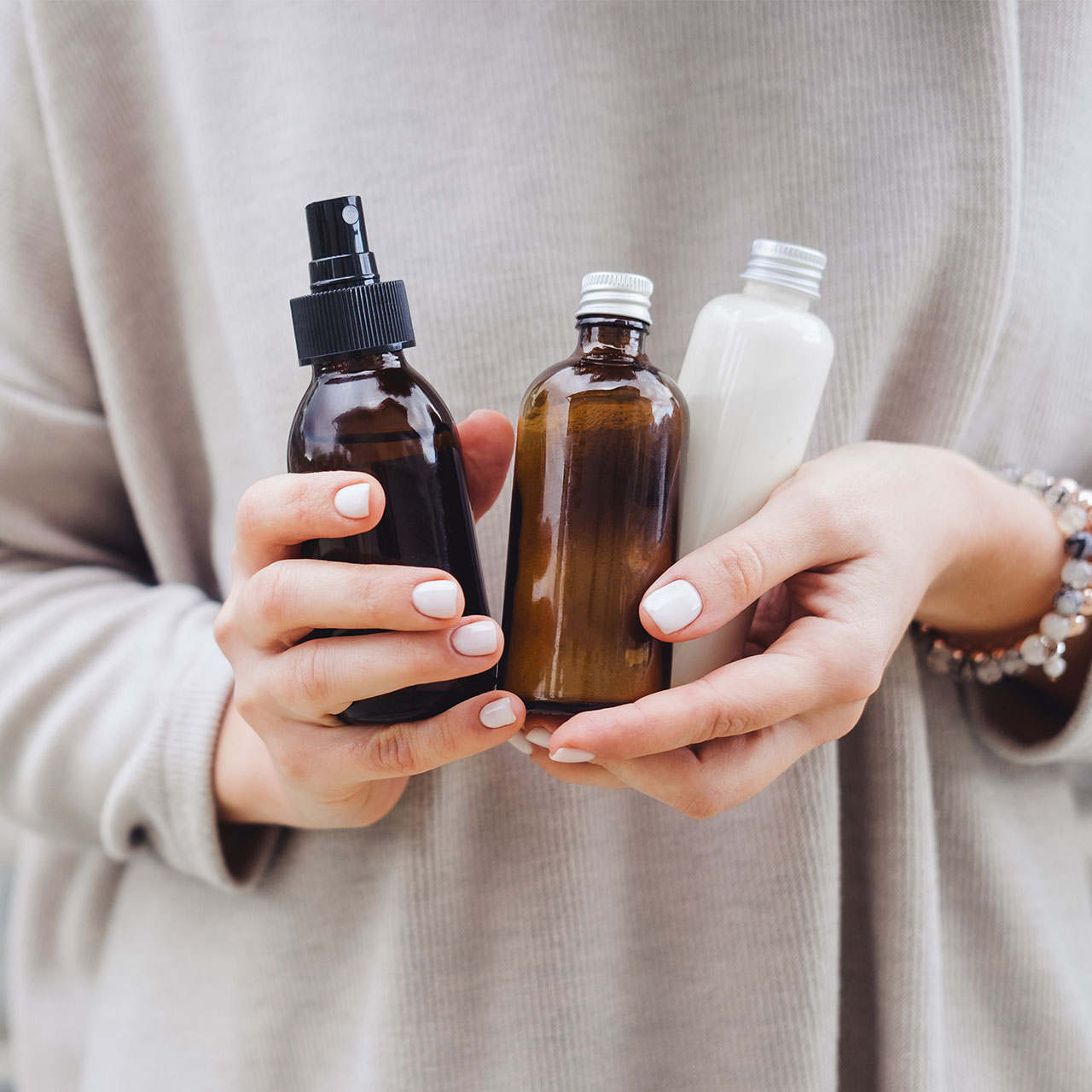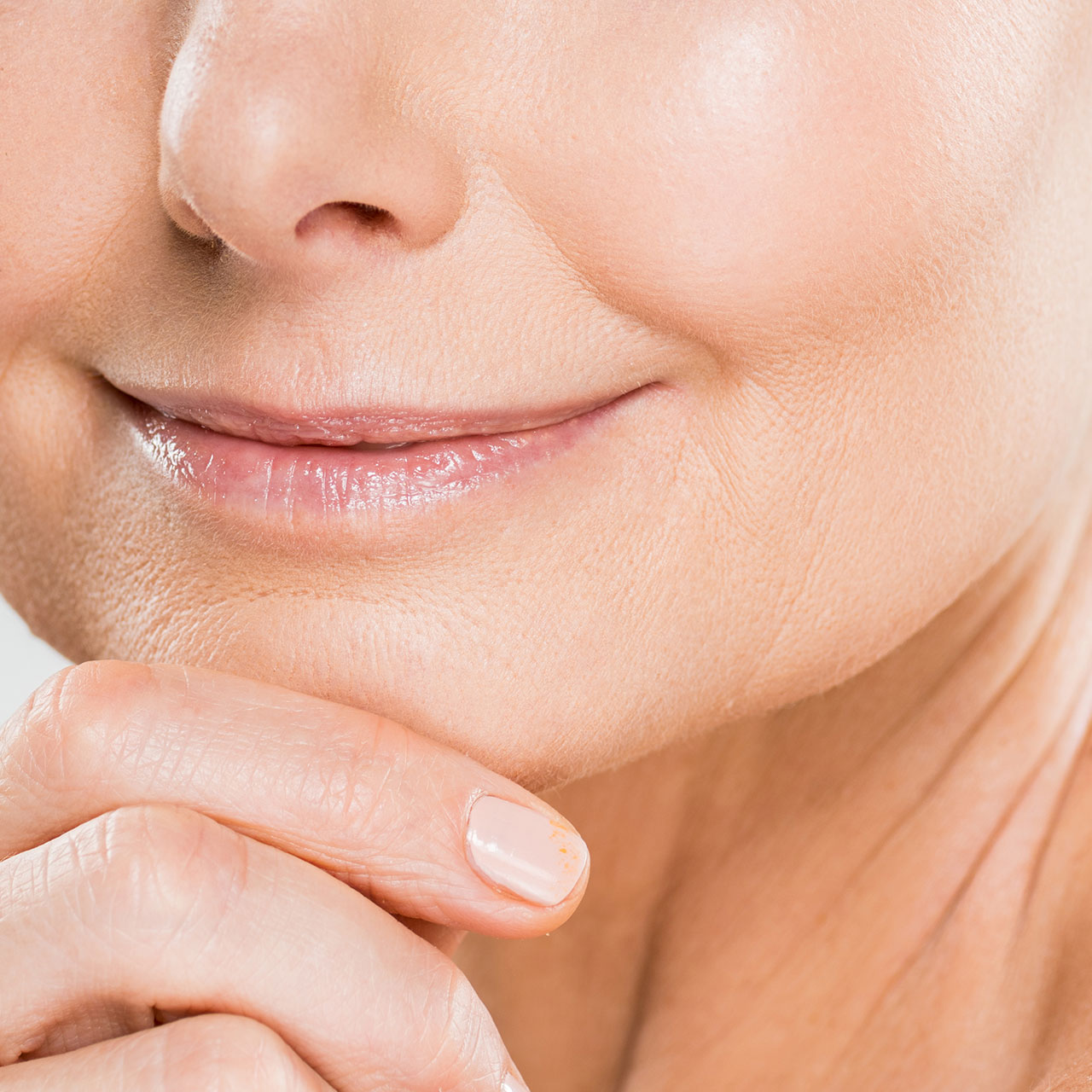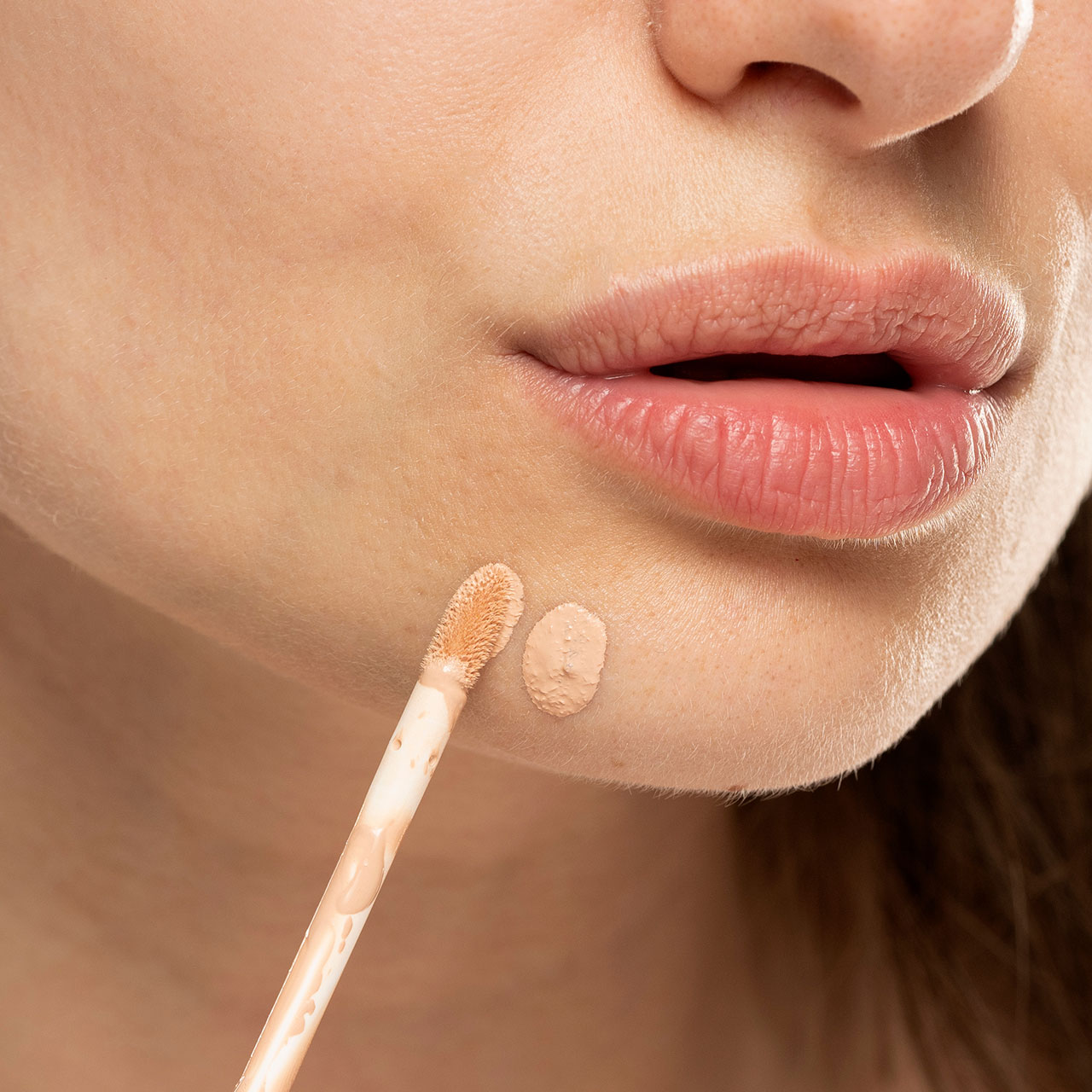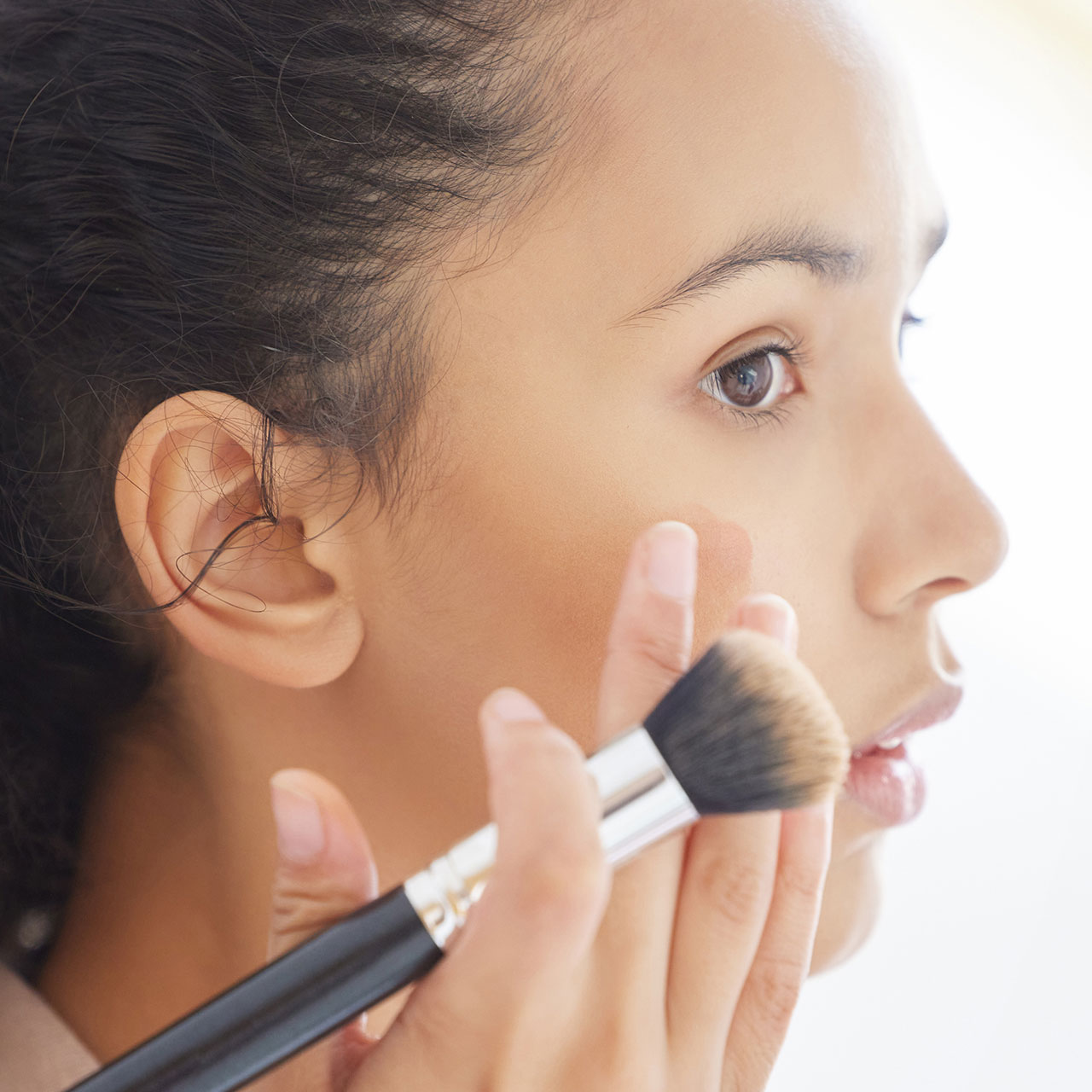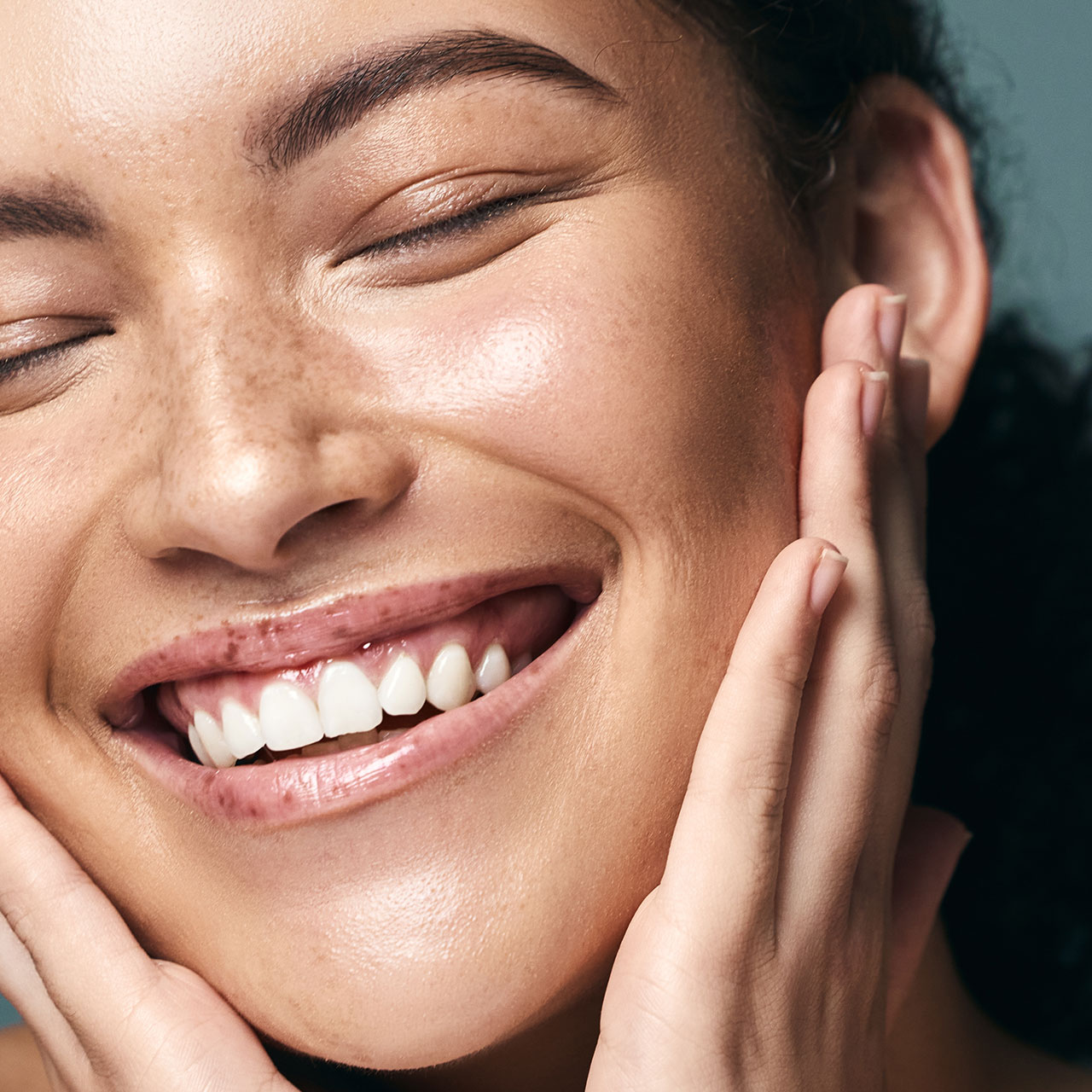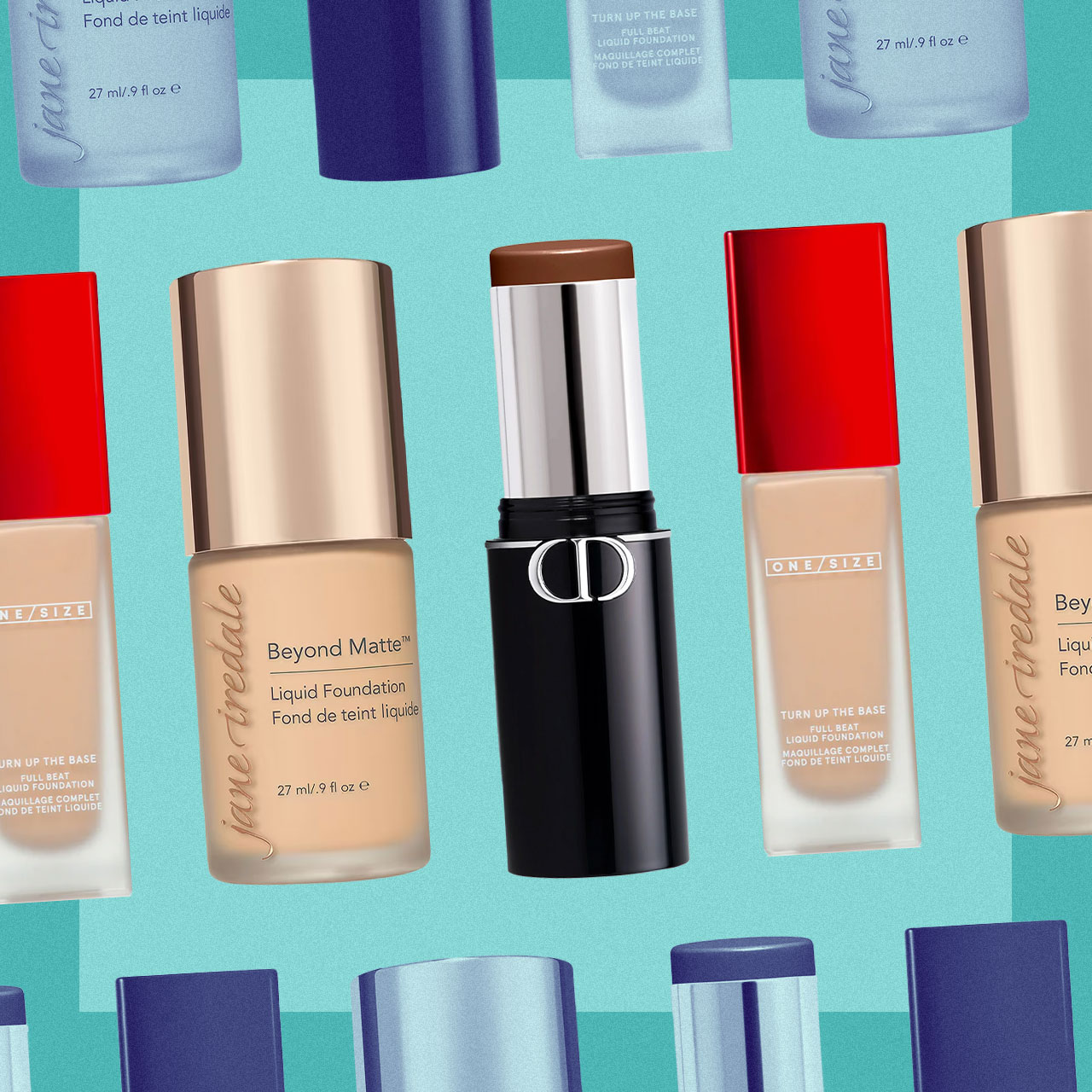Dealing with thinning hair and shedding can be a challenging experience, but there’s a powerful ally that you might be overlooking: hair oils. While you may be familiar with after-styling oils that combat frizz and provide smoothness, you might be missing out on other oil types that are perfect for your scalp.
Applying the right oil can encourage hair follicle growth, nourish your roots, and foster healthier, stronger hair. With an abundance of hair oils available, it can be overwhelming to know which one is best for your specific needs. We consulted dermatologists, doctors, and other haircare experts to learn about the benefits of castor oil, rosemary oil, and pumpkin seed oil, all of which are perfect for women with fine hair who are seeking thicker, healthier locks.
Read on for tips, suggestions and insight from Dr. Mitchel P. Goldman, MD, Ph.D., board-certified dermatologist and cosmetic dermatology expert, Dr. Dejarra K. Sims, naturopathic doctor and natural skincare expert and Ghanima Abdullah, hair expert and cosmetologist at The Right Hairstyles.


3 Essential Hair Oils For Women With Fine, Thin Tresses To Try
1. Castor Oil
“Castor oil is a popular natural remedy for hair growth,” Goldman explains. “It contains ricinoleic acid, which has anti-inflammatory and antimicrobial properties that can help to improve scalp health and promote hair growth. Additionally, castor oil is high in omega-9 fatty acids essential for healthy hair and skin.” Goldman emphasizes the importance of conducting thorough research before selecting a bottle of castor oil.
“When it comes to using castor oil, there are a few things to keep in mind. Firstly, it's important to choose a high-quality castor oil that is free of additives or impurities,” he says. “Secondly, use it sparingly — a little bit goes a long way. You can apply a small amount of castor oil to your scalp and massage it, leaving it on for 30 minutes to several hours before washing it.”

2. Rosemary Oil
Sims suggests that rosemary oil can promote scalp circulation for women experiencing hair loss at the crown, potentially aiding in hair growth. "I recommend it because it can help increase blood flow to the scalp nourishing the hair follicle with nutrients," she says. Sims also describes rosemary oil to be "anti-inflammatory and it can decrease the inflammation caused by DHT attaching to the hair follicle with those with hair loss caused by increased androgens."
This, she says, "will increase hair growth in the thinning areas around the hairline and also decrease itching and inflammation often associated with androgenic alopecia." She recommends "applying 6-10 drops of rosemary oil into the affected areas of the scalp." Sims notes that this is "basically enough to cover the area but not saturate it." Then, she suggests gently massaging it in. "I also tell clients to add rosemary oil to both their shampoo and conditioner," she explains.
"I suggest using it once a day nightly for areas of thinning in addition to adding it to shampoo and conditioner and using it as often as you wash for your hair type," she continues. "I would be careful about the sources of all things you put on your scalp," she emphasizes. "Read the ingredients list to make sure there is actually rosemary in the product and not just a fragrance that smells like rosemary." Also, Sims says to "never use Rosemary Essential oil directly on the scalp, as it must be in a carrier oil."
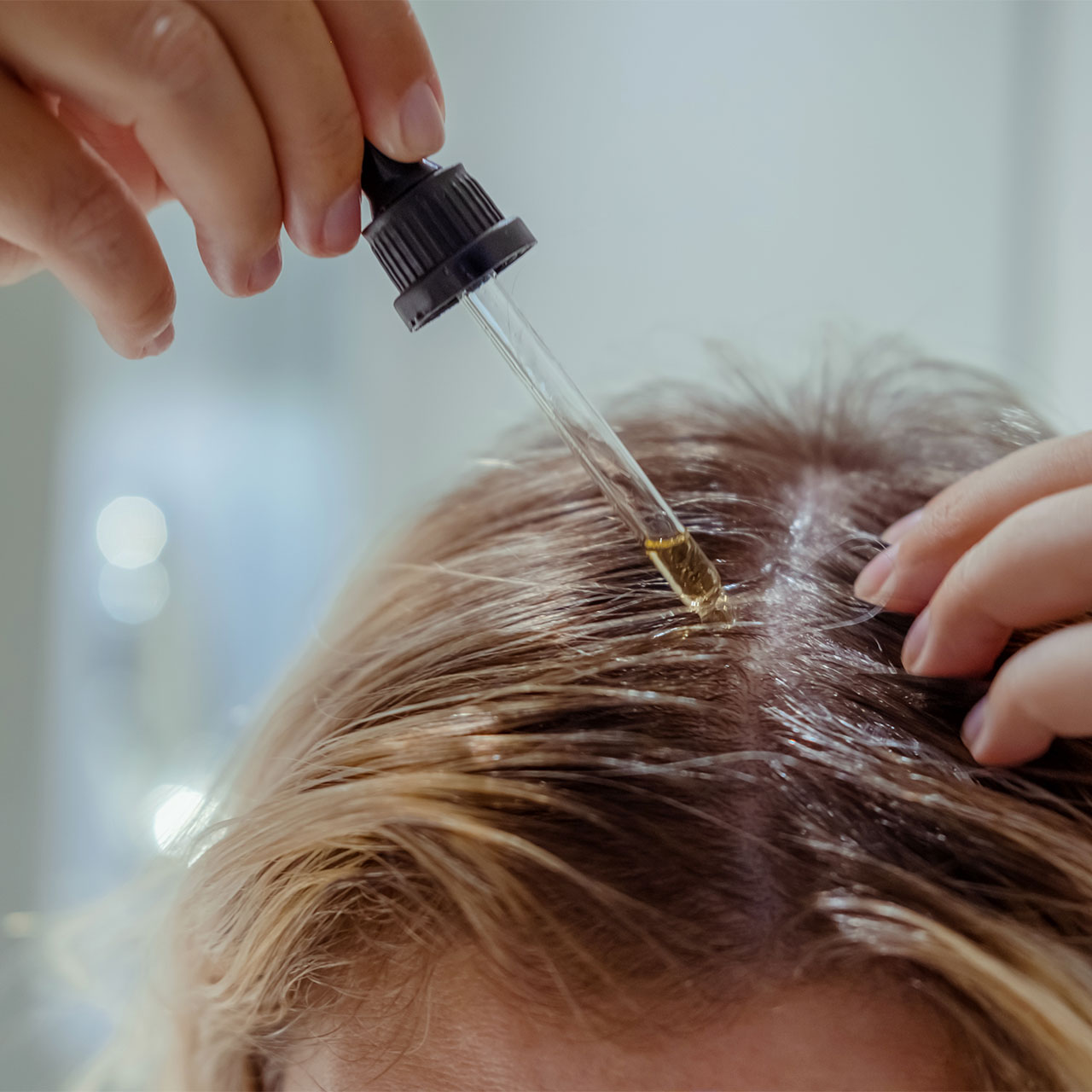
3. Pumpkin Seed Oil
Abdullah explains that pumpkin seed oil has "been scientifically proven to grow more hair and aid those who have thinning hair." She goes on to say that "pumpkin seed oil is worth it as a supplement ingredient, or even all by itself."
It can be applied topically, like any traditional oil, or through supplement form. If you are interested in supplementation for hair growth, Abdullah also says that pumpkin seed oil may be more beneficial to try than "collagen, elastin, and coconut oil" supplements. (The more you know!)

The Bottom Line
Goldman advises against relying on any one product as a cure-all solution for your hair woes. While these three hair oils may be beneficial, they are merely a component of a comprehensive hair care routine. “Remember your diet,” Goldman adds. “Your diet should be rich in vitamins and minerals. While using these oils, you should always be mindful of what you eat.”
When it comes to issues related to hair loss or other hair problems, it's crucial to seek advice from a dermatologist or other healthcare expert to identify the root cause and come up with a personalized treatment strategy, according to Goldman's recommendation. “If you're interested in trying oils for hair growth, I encourage you to do so — but remember to use it in moderation and conjunction with other healthy hair practices,” he concludes.





